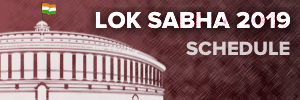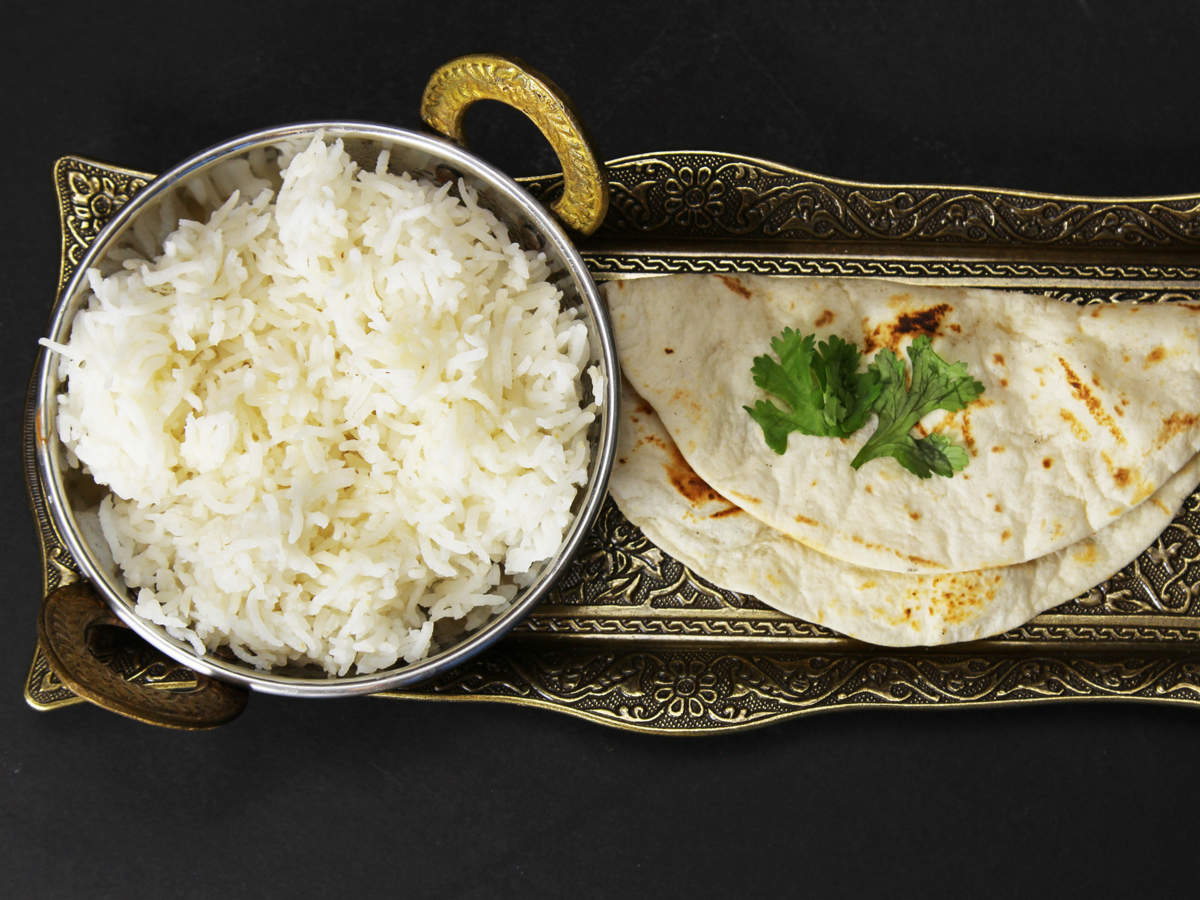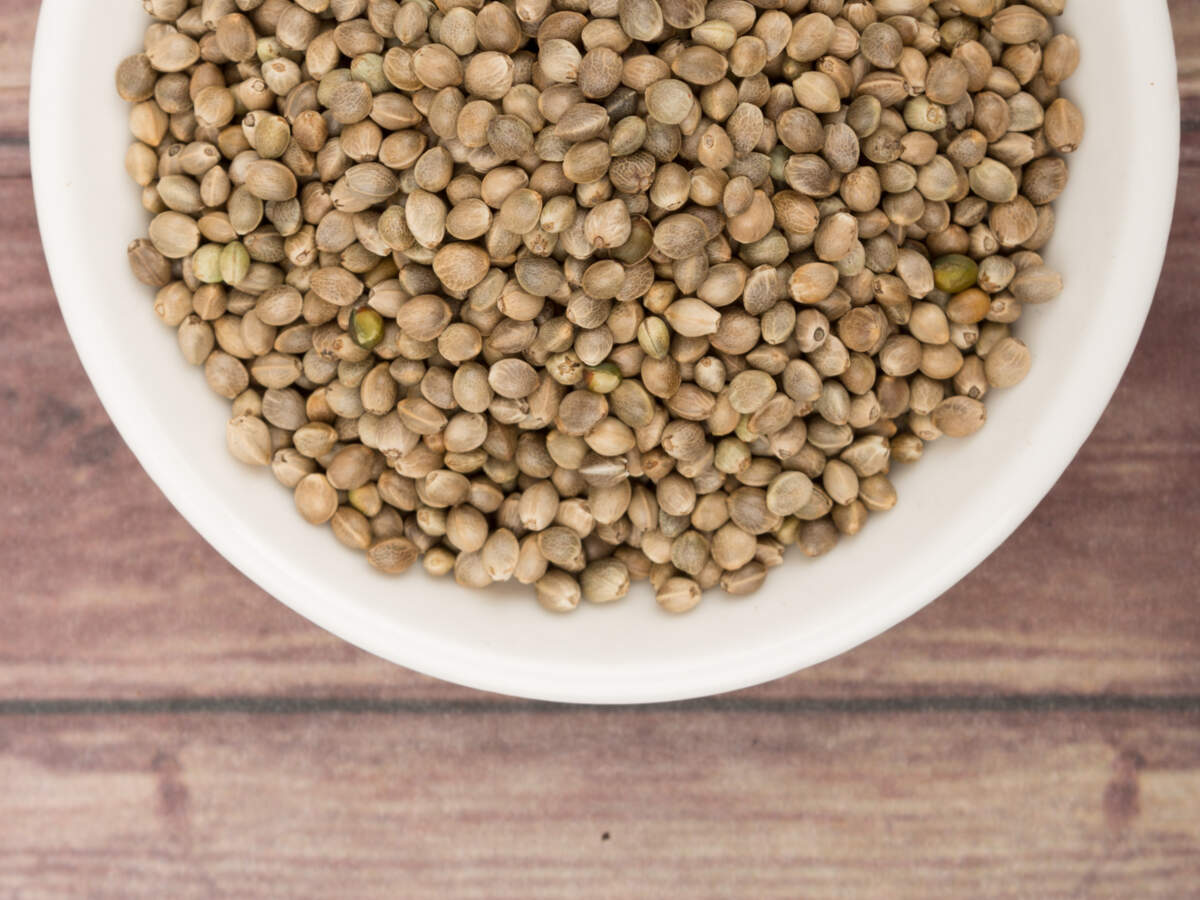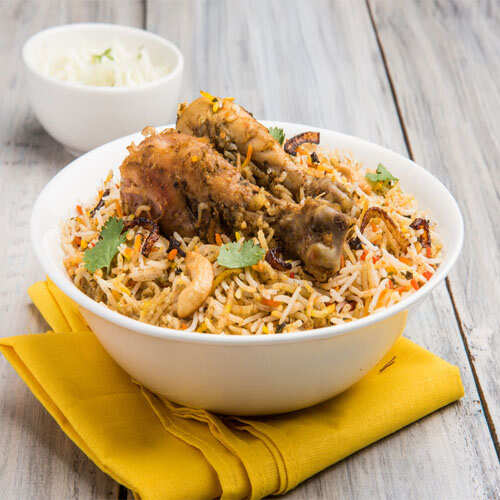
Vadodara/ Anand: The call centre which Anand-based Amul Dairy is using to provide veterinary services to dairy farmers of the region is a model which should be replicated across the country.
Researchers associated with the Verghese Kurien Centre of Excellence (VKCoE), a part of the Institute of Rural Management Anand (IRMA), have recommended this after a study on the Amul call centre.
“KCC provides free service to farmers. In contrast, Amul’s CC works on Anand cooperative model. Farmers are charged fees in the range of Rs 25 to Rs 100 for veterinary services. The revenue earned by the centre from the farmers is further used to provide services they require. This leads to a unique cycle of mutual benefit from cooperation,” IRMA’s faculty member professor Harekrishna Misra, who along with professor SR Asokan, conducted the study, told TOI.
“This call centre model has immense potential to add value to policy reforms for doubling farmers’ income, especially from the standpoint of IT-enable dairy extension services,” he said, adding that it supports farmers meet their urgent need for rearing productive cattle for dairying.
CC was set up to meet the demand of farmers for quicker access to veterinary services, especially during times of an emergency.
Amul Dairy has a network of 13 veterinary centres (VCs) with 160 vets, covering its operations in Anand, Kheda and parts of Mahisagar districts.
Each vet in a VC is assigned a set of villages and a route map. Typically, a vet covers 10 to 12 villages in a route. All the VCs are connected to the centralized technology-driven 24×7 call centres at the district headquarters, which is operated in four shifts predominantly by women farmer members.
If a farmer needs veterinary assistance, he or she calls the CC, which in turn notifies the vets about sick animals within their route. In case of emergency, it is easy to trace other vets on different routes and dispatch them to attend such cases.
Amul’s CC is equipped with 30-line-based telecom interface, with each call service profile being registered in a database that includes the details of a complaint and the type of service required.
The centre monitors the movement of vets real-time, through an online tracking tool. The vets have been provided with tablets in which they key-in details of every service such as type of disease and medicines used. The call centre’s intranet application has been further integrated with the state federation’s ERP software, making the information flow and decision-making seamless.
“As many as 60% of farmers surveyed feel that the quality of vet services have improved after CC was set up and 70% agreed that CC had been very useful,” the study states.
The study further reveals that 92% farmer respondents used only vets provided by the milk union through CC and 90% of farmer respondents made timely payments for the vet services to their respective village cooperative societies, indicating their willingness to pay for such a service.
“With the growing wireless tele-density in rural India. Amul CC is an emerging model of IT-enabled dairy extension services to watch out for, from the standpoint of doubling farmers’ income,” said Misra.
Researchers associated with the Verghese Kurien Centre of Excellence (VKCoE), a part of the Institute of Rural Management Anand (IRMA), have recommended this after a study on the Amul call centre.
Amul’s call centre (CC), a self-sustained model, is better than the ‘Kisan Call Centre (KCC)’ scheme that the Ministry of Agriculture had floated, researchers said.
“KCC provides free service to farmers. In contrast, Amul’s CC works on Anand cooperative model. Farmers are charged fees in the range of Rs 25 to Rs 100 for veterinary services. The revenue earned by the centre from the farmers is further used to provide services they require. This leads to a unique cycle of mutual benefit from cooperation,” IRMA’s faculty member professor Harekrishna Misra, who along with professor SR Asokan, conducted the study, told TOI.
“This call centre model has immense potential to add value to policy reforms for doubling farmers’ income, especially from the standpoint of IT-enable dairy extension services,” he said, adding that it supports farmers meet their urgent need for rearing productive cattle for dairying.
CC was set up to meet the demand of farmers for quicker access to veterinary services, especially during times of an emergency.
Amul Dairy has a network of 13 veterinary centres (VCs) with 160 vets, covering its operations in Anand, Kheda and parts of Mahisagar districts.
Each vet in a VC is assigned a set of villages and a route map. Typically, a vet covers 10 to 12 villages in a route. All the VCs are connected to the centralized technology-driven 24×7 call centres at the district headquarters, which is operated in four shifts predominantly by women farmer members.
If a farmer needs veterinary assistance, he or she calls the CC, which in turn notifies the vets about sick animals within their route. In case of emergency, it is easy to trace other vets on different routes and dispatch them to attend such cases.
Amul’s CC is equipped with 30-line-based telecom interface, with each call service profile being registered in a database that includes the details of a complaint and the type of service required.
The centre monitors the movement of vets real-time, through an online tracking tool. The vets have been provided with tablets in which they key-in details of every service such as type of disease and medicines used. The call centre’s intranet application has been further integrated with the state federation’s ERP software, making the information flow and decision-making seamless.
“As many as 60% of farmers surveyed feel that the quality of vet services have improved after CC was set up and 70% agreed that CC had been very useful,” the study states.
The study further reveals that 92% farmer respondents used only vets provided by the milk union through CC and 90% of farmer respondents made timely payments for the vet services to their respective village cooperative societies, indicating their willingness to pay for such a service.
“With the growing wireless tele-density in rural India. Amul CC is an emerging model of IT-enabled dairy extension services to watch out for, from the standpoint of doubling farmers’ income,” said Misra.
#ElectionsWithTimes
more from times of india cities
Quick Links
Lok Sabha Election Schedule 2019Lok Sabha Election NewsDelhi Capitals teamMI team 2019Rajasthan Royals 2019RCB team 2019Maharashtra Lok Sabha ConstituenciesBJP Candidate ListBJP List 2019 TamilnaduShiv Sena List 2019AP BJP List 2019Mamata BanerjeeBJP List 2019 MaharashtraPriyanka GandhiBJP List 2019 KarnatakaAMMK Candidate List 2019BJP List 2019 WBLok Sabha Elections in Tamil NaduBSP List 2019 UPNews in TamilLok Sabha Poll 2019Satta Matka 2018PM ModiMahagathbandhanNagpur BJP Candidate ListChandrababu NaiduTamil Nadu ElectionsUrmila MatondkarNews in TeluguMadras High CourtTejashwi YadavArvind KejriwalTejasvi SuryaPawan KalyanArvind KejriwalYogi AdityanathJaya PradaSatta King 2019Srinagar encounter
Get the app









